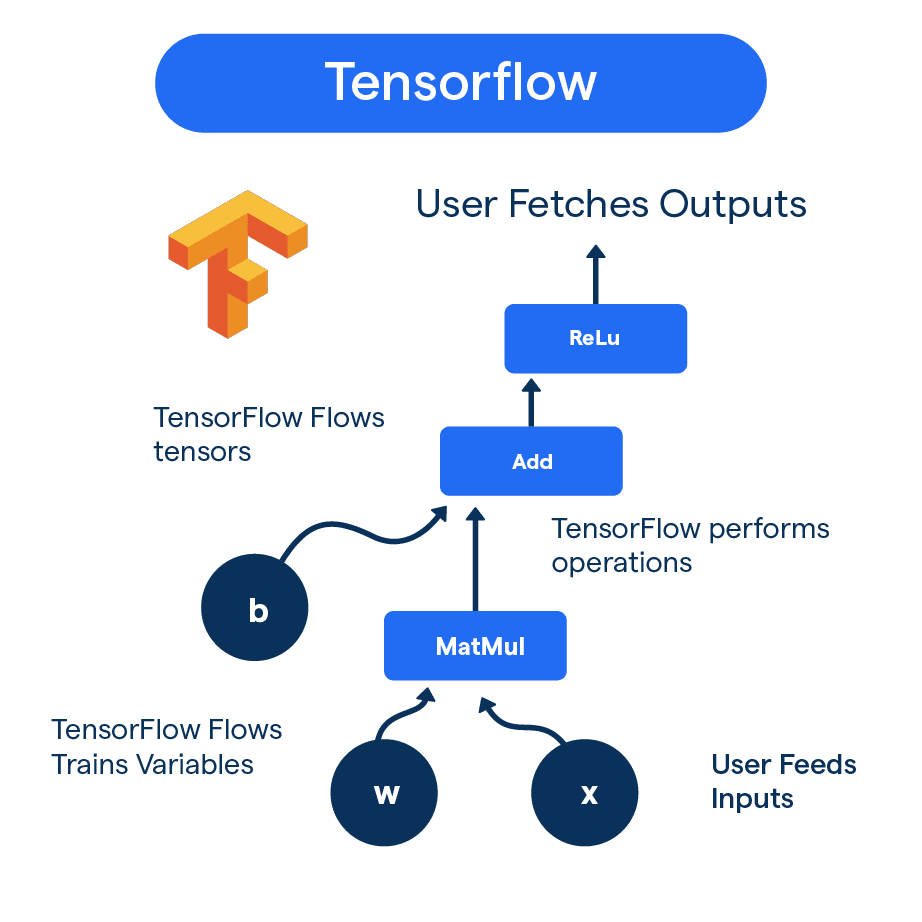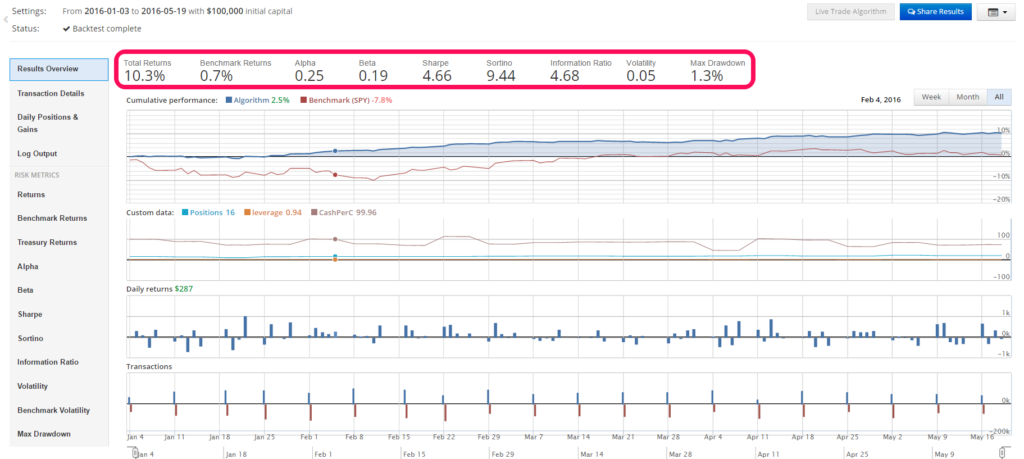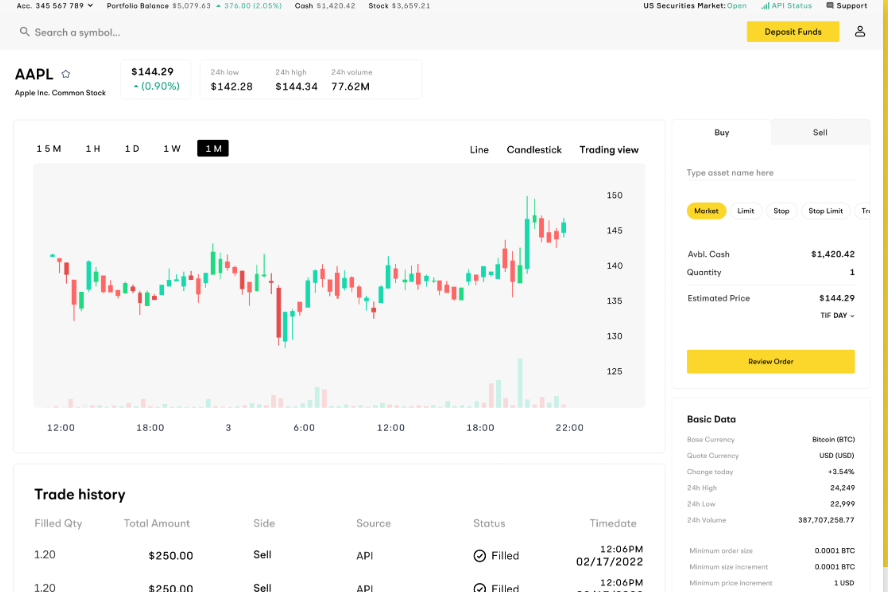Artificial Intelligence (AI) has revolutionized various industries, and stock market trading is no exception. With its ability to analyze vast amounts of data, identify patterns, and make predictions, AI has become a powerful tool for investors and tradersl. By leveraging the power of AI, traders can analyze vast amounts of data, identify patterns, and make more informed decisions that can potentially lead to profitable trading outcomes.
Using AI for Stock Market Trading
The integration of AI into stock market trading offers several key advantages:
Data Analysis: AI algorithms can rapidly process and analyze massive amounts of financial data, including historical stock prices, news articles, social media sentiments, and economic indicators. This allows for the identification of patterns and insights that may not be easily discernible by human traders.
Predictive Modeling: AI models can be trained on historical data to develop predictive models that forecast stock price movements, market trends, and potential opportunities. These models can help traders make more informed decisions about when to buy, sell, or hold a particular stock.
Automated Trading Strategies: AI-powered trading systems can be programmed to execute buy and sell orders based on predefined algorithms and market conditions. This can enable faster, more consistent, and potentially more profitable trading strategies, especially for high-frequency or algorithmic trading.
Risk Management: AI can be used to assess and mitigate trading risks by analyzing market volatility, identifying potential threats, and adjusting trading strategies accordingly. This can help traders manage their portfolios more effectively and reduce the impact of market fluctuations.
Sentiment Analysis: AI can be leveraged to analyze social media, news articles, and other online data sources to gauge market sentiment and investor sentiment. This information can be used to identify emerging trends and potential market shifts that may influence trading decisions.
Top 5 Tools for AI Stock Market Trading
As the demand for AI-driven trading solutions continues to grow, a range of specialized tools have emerged to cater to the needs of traders. Here are the top 5 tools for AI stock market trading:
TensorFlow: Developed by Google, TensorFlow is an open-source machine learning library that allows traders to build and deploy advanced AI models for various applications, including stock market trading. TensorFlow’s powerful programming interfaces and extensive documentation make it a popular choice for developers and researchers working on complex trading algorithms.

Quantopian: Quantopian is a platform that provides tools and resources for developing and backtesting algorithmic trading strategies using Python and AI/ML techniques. The platform offers a comprehensive suite of features, including data access, research tools, and a collaborative community, making it an attractive option for traders looking to leverage AI in their trading strategies.

QuantConnect: QuantConnect is a cloud-based platform that offers an integrated development environment (IDE) for building and testing AI-powered trading algorithms. The platform provides a user-friendly interface, extensive data sources, and the ability to backtest strategies, making it a popular choice for both beginner and experienced traders.

DataRobot : DataRobot is an AI-powered platform that helps users build, deploy, and monitor predictive models for stock market trading and other financial applications. The platform’s automated machine learning capabilities and intuitive interface make it an appealing option for traders who want to leverage AI without extensive programming expertise.

Alpaca: Alpaca is a commission-free API-based trading platform that enables developers to create AI-driven trading bots and automated trading strategies. The platform’s integration with various data sources and its support for multiple programming languages make it a versatile choice for traders looking to implement AI-powered trading solutions.
These tools provide a range of capabilities, from data analysis and model development to automated trading and risk management. By leveraging these AI-powered solutions, traders can potentially gain an edge in the stock market and make more informed, data-driven decisions.

Implementing AI in Your Trading Strategies
Integrating AI into your stock market trading strategies requires a thoughtful and systematic approach. Here are some steps to consider:
Data Gathering: Collect and organize the relevant financial data, including historical stock prices, economic indicators, news articles, and social media sentiments.
Model Development: Use AI/ML techniques to build predictive models that can forecast stock price movements and identify trading opportunities. Experiment with different algorithms and hyperparameters to find the most effective approach.
Backtesting and Validation: Thoroughly test your AI-powered trading strategies using historical data to evaluate their performance and identify any potential weaknesses or biases.
Deployment and Monitoring: Once you’re satisfied with your AI trading models, implement them in a live trading environment. Continuously monitor the performance of your strategies and make adjustments as needed to adapt to changing market conditions.
Risk Management: Incorporate AI-driven risk assessment and portfolio optimization techniques to manage your trading risks and ensure the long-term sustainability of your strategies.
Conclusion
The integration of AI into stock market trading has the potential to revolutionize the way traders approach the market. By leveraging the power of data analysis, predictive modeling, automated trading, and risk management, AI-powered trading solutions can help traders make more informed decisions and potentially improve their trading outcomes. As the technology continues to evolve, the opportunities for AI in stock market trading will only continue to grow, making it an increasingly essential tool for traders seeking to stay ahead of the curve.


